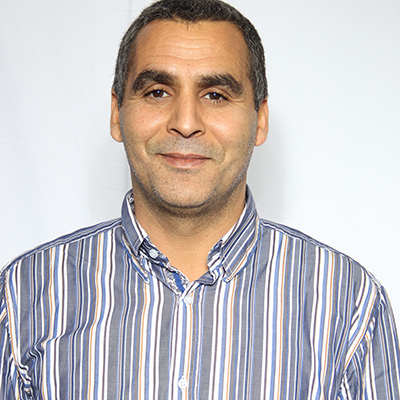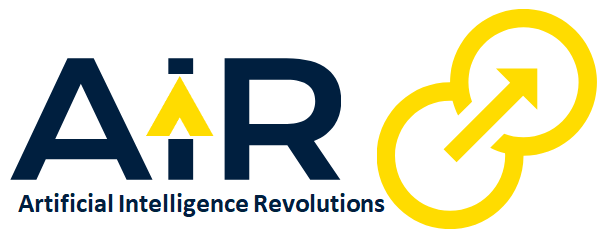Program
Download the PDF version of the conference program.
Kindly, take note of the followings:
- Every presentation will take 20mn, followed by 5mn questions and answers.
- The links for the online sessions were sent to the authors.
- You are free to use any template for your presentation.
- Remark – For those authors who want to invite colleagues to attend some presentations (free of charge), please send us a request to nafaa.jabeur@gutech.edu.om and ahmed.nait@univ-st-etienne.fr
Important – Please, be careful with the time of your presentation. We are using the current time of France (Daylight saving time in France has ended on Sunday, October 27, 2024)
Keynote speakers
Plenary 1: Dr. Prof. Mohamed BAKHOUYA, International University of Rabat, Morocco | Title: IoT, Blockchain, Big Data Technologies and Predictive Analytics to enable the Development of Cyber-Physical Systems Abstract: Recent advances in pervasive technologies, such as wireless ad hoc networks and wearable sensor devices, allow the connection of everyday things to the Internet, commonly denoted as Internet of Things (IoT). IoT together with Big data platforms are seen as enablers to the development of intelligent and context-aware services and applications. Similarly, Blockchain technologies can help to build trust, reduce costs, and accelerate transactions. Furthermore, decentralization together with peer-to-peer and smart contracts principles, the main core of Blockchain technology, can eliminate single points of failure while increasing the autonomy in handling IoT applications. In this talk, we shed more light on the potential of these technologies for continuous and real-time data monitoring and processing. The focus will be on prediction approaches, which are the main core in developing cyber-physical applications. |
Plenary 2: Dr. Prof. Viencent AUGUSTO, Mines Saint-Étienne, France | Title: Hospital Digital Twins: scientific and technological challenges Abstract: Digital twins have emerged as an important decision aid tool for in the industry, providing new ways to enhance operational efficiency, optimize resources, and improve outcomes. However, the transition to hospital is tied to many scientific and technological challenges: availability of data, synchronization of simulation models, automatic generation of simulation scenarios for decision aid. The talk explores the application of digital twins in hospitals, focusing on their role in operational management, patient flow modeling and simulation, and decision aid for hospital managers. A case studies related to the construction of a digital twin of the emergency service of the Saint-Etienne Hospital (France) will be presented to discuss challenges such as data privacy, cybersecurity, and interoperability. |



